Indigenous voice to parliament ‘will let us make real deals’, says Noel Pearson
Noel Pearson offers new insight on how he perceives the voice engaging with government and making ‘real deals’.
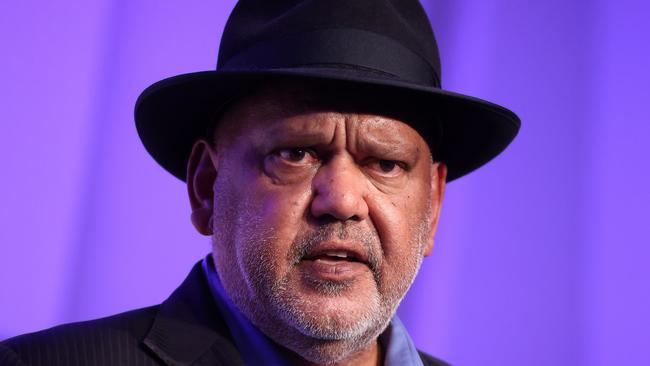
Indigenous leader Noel Pearson says the voice will conduct negotiations with the government of the day and make “real deals” to improve the lives of Aboriginal and Torres Strait Islander people, raising fresh questions from the No campaign.
In a Sky News documentary that aired on Tuesday night examining the voice referendum, Mr Pearson said: “There’ll be no bureaucracy. What we want to set up is the people of Yuendumu on one side of the table with the government, with the local council, with the commonwealth government, sit down and say ‘What do we need to do here in Yuendumu?’
“The voice at the end of the day is a table, a partnership table where we conduct negotiations with the government. And let’s make a real deal. OK, the government provides the resources, the community commits to the things that it will do – it can’t just be the government doing everything. It’ll never work, we’ll have no success.”
Anthony Albanese has repeatedly said the voice would be subservient to parliament and his government would reject its advice – including if it suggested changing Australia Day – if it disagreed.
Opposition Indigenous affairs spokeswoman Jacinta Nampijinpa Price, who has family living in the remote Northern Territory community of Yuendumu, said Mr Pearson could “suggest all he wants” but the government kept saying the voice would be determined by parliament after a successful referendum.
“Noel’s comments don’t clarify who at Yuendumu would be doing the negotiating with government and this is deeply concerning, given I’m consistently fielding calls from Yuendumu about vulnerable women who are living under threat of violence and who are always seeking to escape the violence of the community despite the supposed leadership in the community,” Senator Price said.
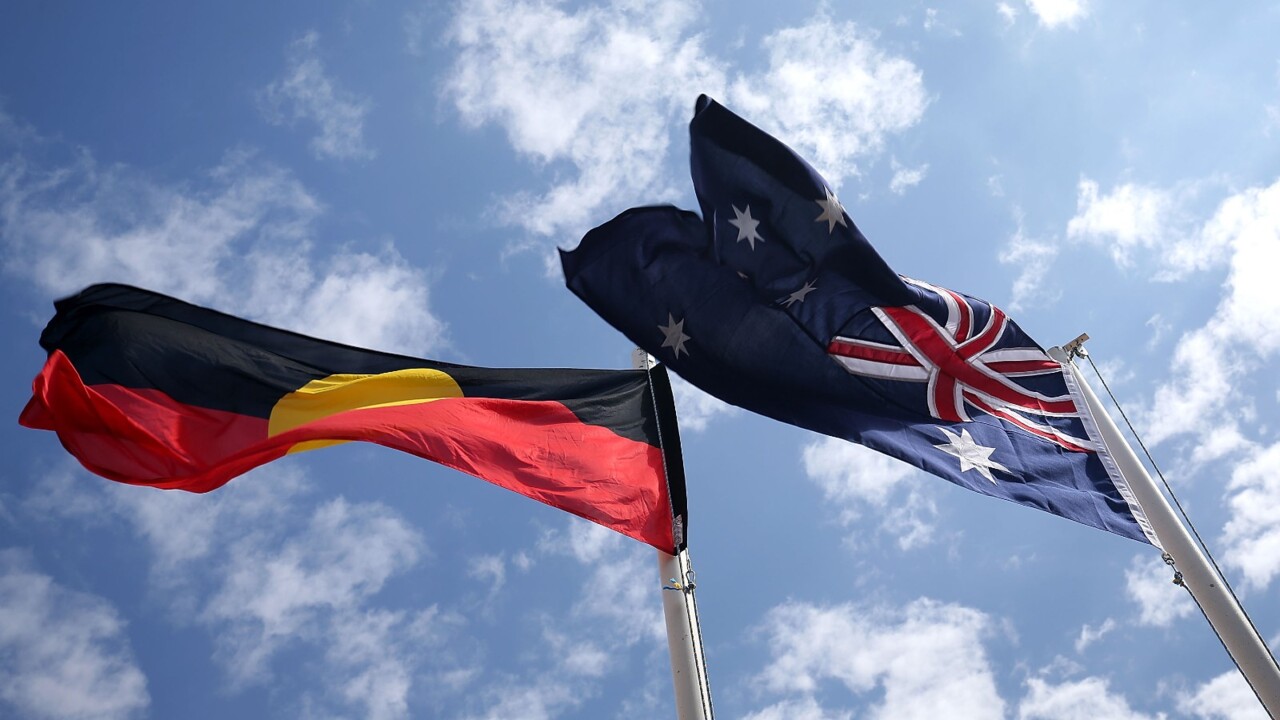
“Australians just don’t know what it is we’re signing up to.”
Also on Tuesday night, Mr Pearson told a La Trobe University event Indigenous people had been treated as a “sideshow” by past governments and that the referendum represented a move towards a “more dignified power relationship”.
“We‘ve been focused on this need to empower the mouse to put the mouse in a relationship with the big creature of government,” he said.
He added that the days of continuing to fear Aboriginal people “has some day soon got to come to an end”.
“We can’t finish a third century of fearing the original people,” he said.
The Prime Minister would not say in the Sky News documentary if he had a Plan B if the referendum was voted down but he said he remained optimistic about a Yes vote. “It will be, obviously, disappointing if that doesn’t occur, but we know that constitutional change is hard in this country,” he said.
Senator Price said she’d do everything in her power to make sure the voice wasn’t “an entity that has ultimate power to run roughshod over parliament and over our democracy”.
“This referendum has probably been our nation’s most divisive. And whether it’s successful or not, there’s going to have to be a lot of work done to fix those fractures … as a result of this referendum,” she told Sky News.
Mr Pearson said the wording of the constitutional amendment to be voted on by Australians later this year had been simplified to make it absolutely clear the voice was not a structure of the parliament. “This was a structure outside of the parliament providing advice to the parliament,” he said.
“The drafting we have today, you could not get a more safe and a more thoroughly examined proposition than the one that the Albanese government has adopted.”
He said it was reasonable to ask for more detail and the voice needed to be interrogated, but solutions also needed to be listened to.
At the La Trobe event, Mr Pearson said the constitutional amendment - which states the voice would make representations on “matters relating to Aboriginal and Torres Strait Islander peoples” - was unlikely to extend to issues such as parking fines, rejecting a key No campaign argument.
“I just don‘t know how you squeeze parking tickets and nuclear submarines and so on into that clause, as a purpose of this voice. The purpose is clear that it’s on matters relating to Aboriginal and Torres Strait Islander peoples,” he said.
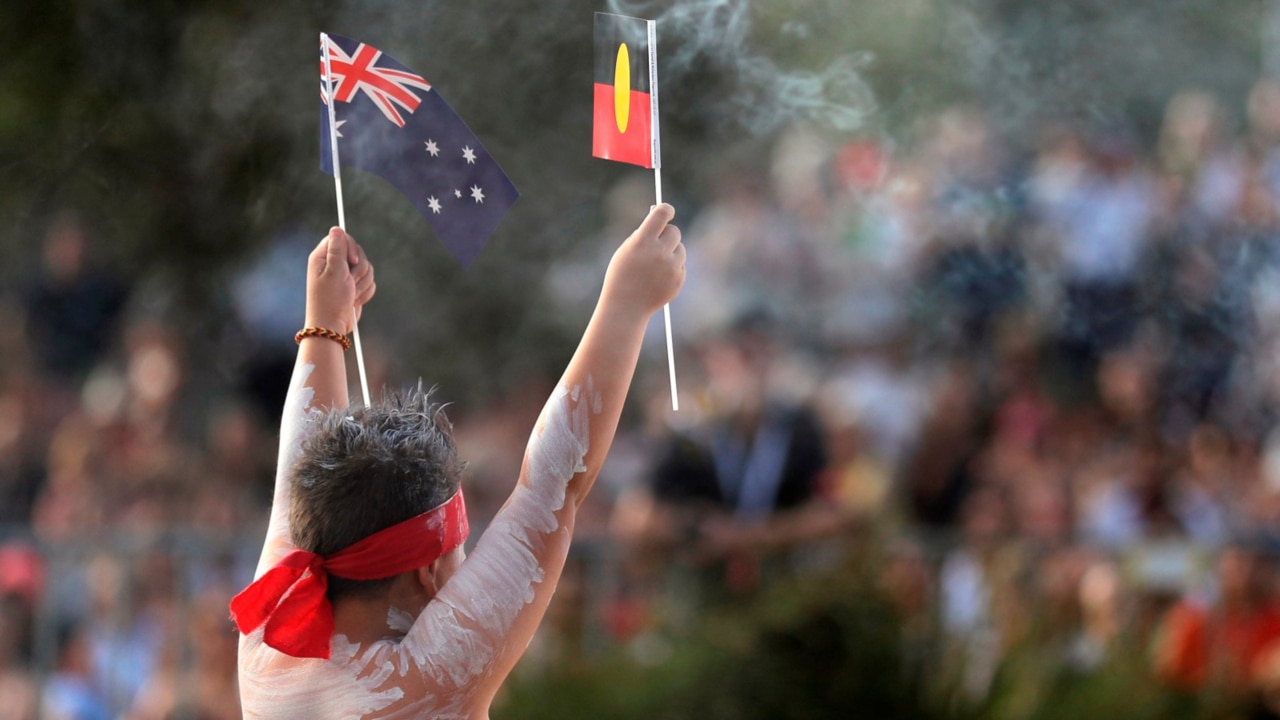
CFMEU national secretary Zach Smith on Tuesday joined calls from prominent Indigenous leaders not to delay the referendum. “We are seeing a lot of misinformation getting out there around the voice being able to override democratic decisions with the government or influence defence policy, or basically play a role, which just isn’t a reality. It is an advisory body,” Mr Smith told the National Press Club.
“It will give First Nations people in this country a voice that is so, so long overdue. There is a real issue that the Yes campaign and those of us that support the Yes vote need to contend with, which is misinformation; trade unions and civil society have a role to play in combating that.”
Under the referendum working group’s design principles, the voice would be able to make representations proactively and respond to requests for representations from the parliament and the executive.
The Voice: Australia Decides will be available on demand on Foxtel’s Sky News and Sky News The Voice Debate.



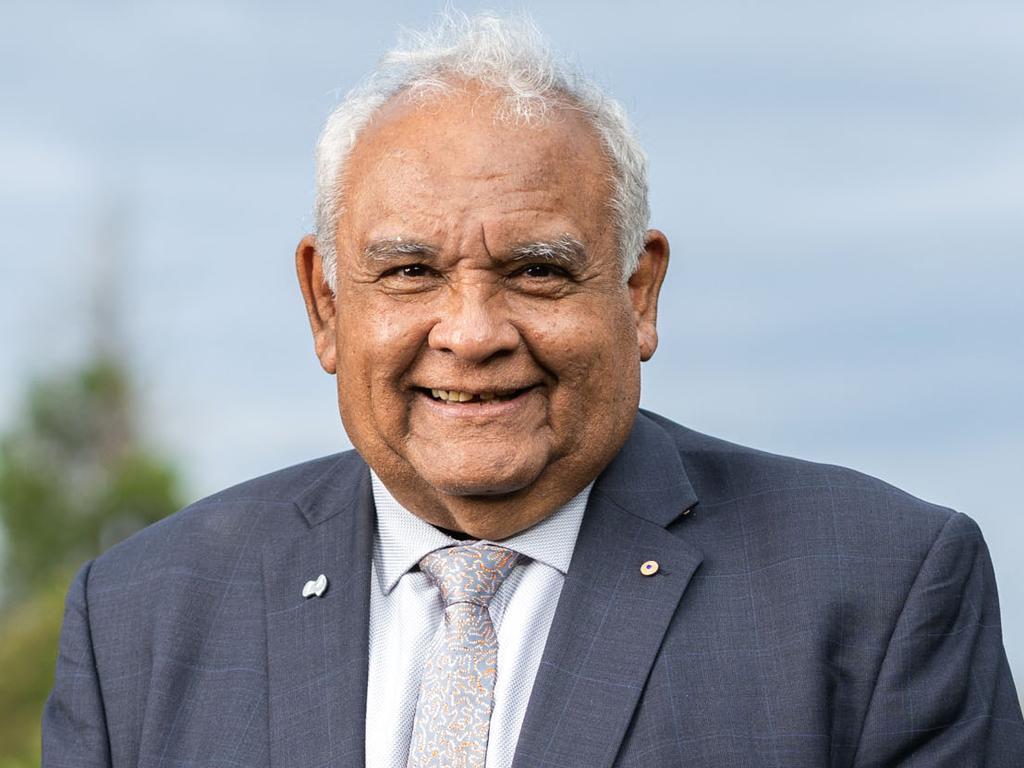
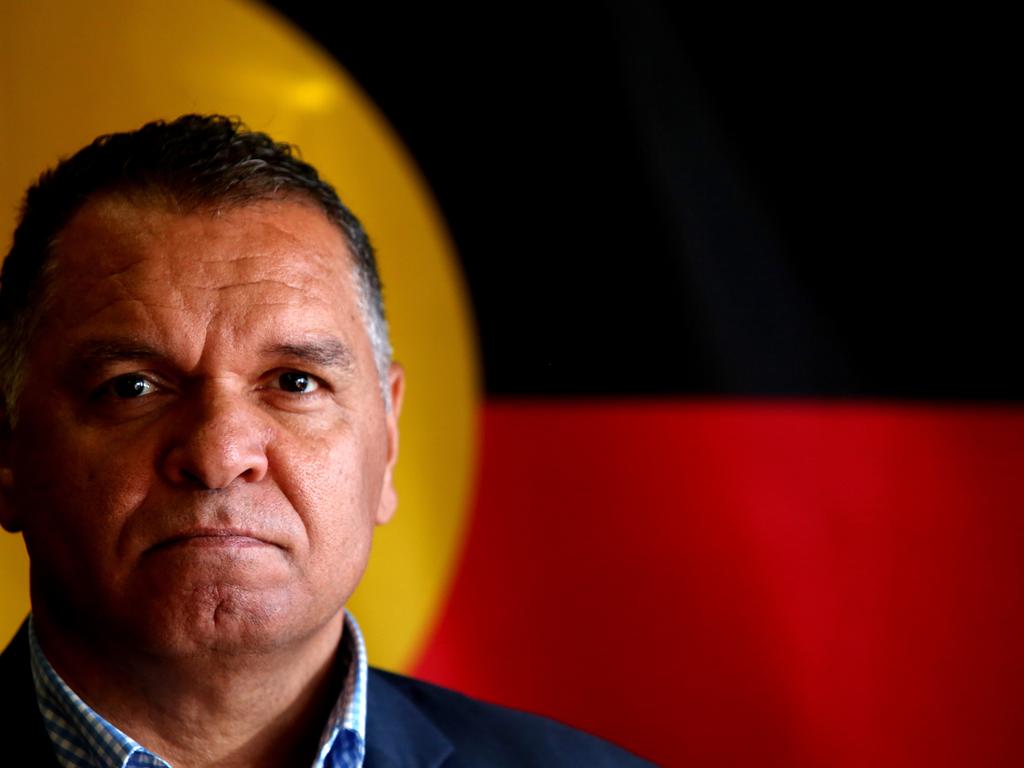

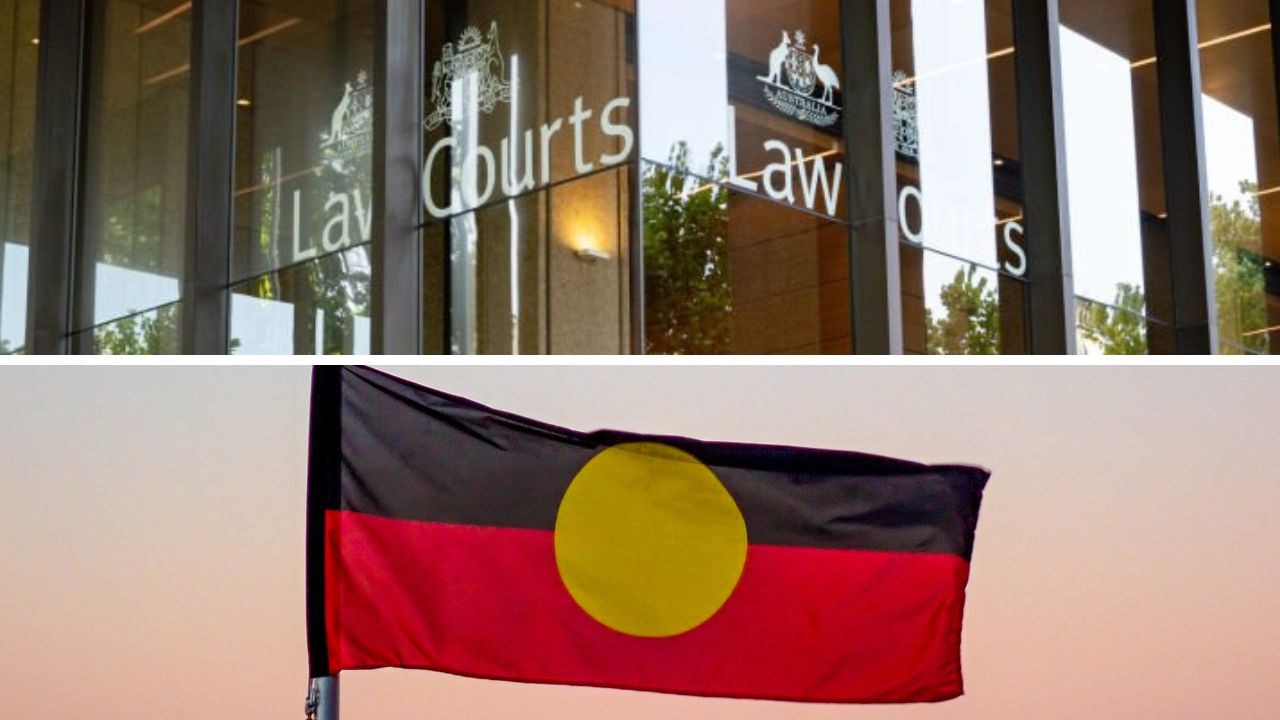
To join the conversation, please log in. Don't have an account? Register
Join the conversation, you are commenting as Logout